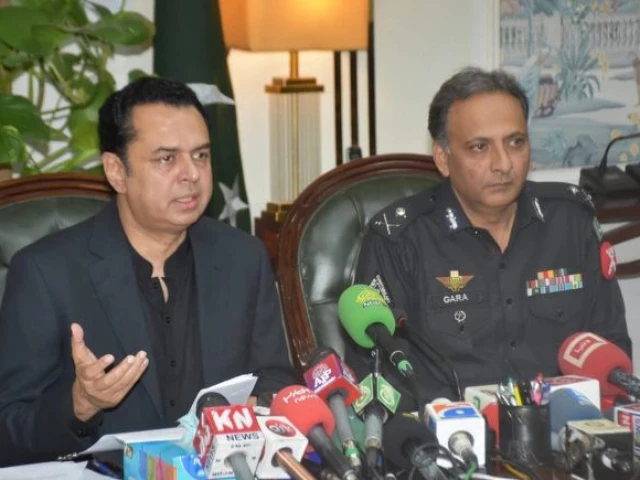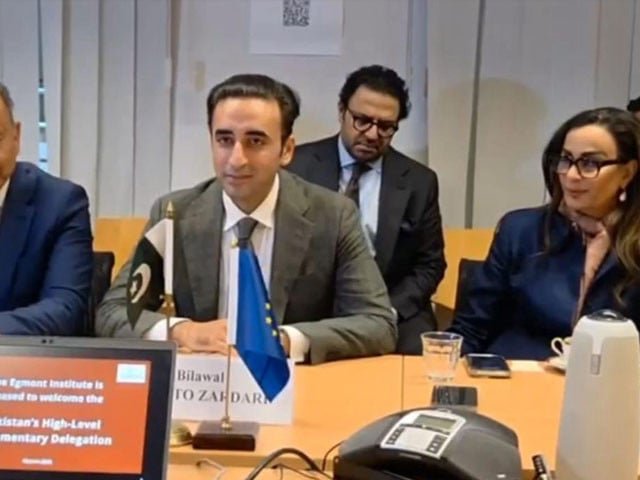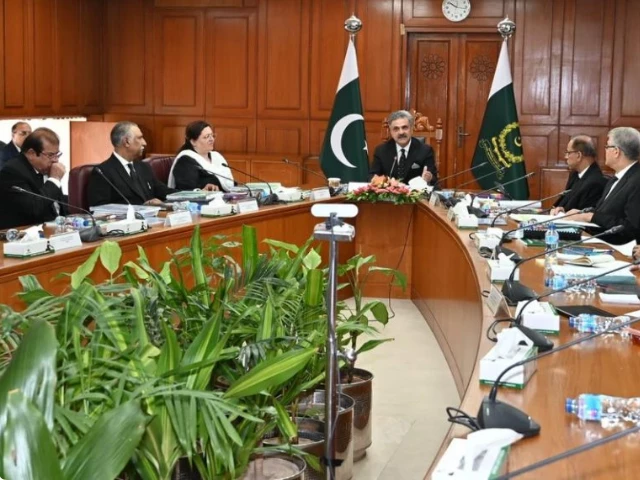Revamping Pakistan’s Frontier Constabulary: A Step Towards Enhanced Security
On Monday, Minister of State for Interior Senator Talal Chaudhary announced a significant change for Pakistan’s Frontier Constabulary (FC). The force is not just getting a new name—it’s transforming into the Federal Constabulary, a move aimed at bolstering internal and national security.
During a press conference with FC Commandant Riaz Nazir Gara, Chaudhary emphasized that this restructuring isn’t a political maneuver; it’s an essential step in modernizing the nation’s security framework. “This initiative is purely about defense,” he stated, stressing the importance of enhancing support for law enforcement agencies across the country.
For nearly a century, the FC has played a crucial role in maintaining peace and order not just within borders but also along them. However, this force has often been overshadowed by other security units and has not received equivalent recognition or benefits. Despite facing challenges like limited salaries, the dedication of FC personnel has remained strong. Chaudhary noted that under the leadership of Prime Minister Shehbaz Sharif and Interior Minister Mohsin Naqvi, this transformation aims to upgrade the FC’s structure and make it more effective.
While the name change marks a new chapter, the essence of the constabulary will stay the same. The restructuring aims to ensure that FC personnel receive salaries, training, and benefits comparable to those of other national security forces, which is a long-overdue move.
Chaudhary highlighted the FC’s vital functions in combating drug trafficking, smuggling, and supporting civil law enforcement during various national events, including elections and anti-polio campaigns. These responsibilities will continue under the revamped federal structure.
A key aspect of the Federal Constabulary will be the expansion of its jurisdiction, which will cover all four provinces, including Gilgit-Baltistan and Azad Jammu and Kashmir. This means recruitment will now be open to all Pakistani citizens, relieving provincial governments of financial burdens while the federal government takes on full operational and financial responsibility.
The restructuring also includes modernized training programs, enhanced capabilities, and a refreshed command structure designed to boost both morale and effectiveness. Commandant Gara shared some historical insights, explaining that the force was established way back in 1913 as the North-West Frontier Constabulary. Recognizing the need for reform is crucial; the new structure will focus on clearer command tiers—platoons, companies, and wings—aiming to improve efficiency.
Both Chaudhary and Gara honored the sacrifices of FC personnel, revealing that 423 members have lost their lives while in service. The new organization seeks to honor these sacrifices through improved facilities and better career paths.
In conclusion, this transformation represents a strategic reform that aims to enhance one of Pakistan’s oldest law enforcement bodies. As the country evolves, so too must its institutions. Staying informed about the changes in the Federal Constabulary is essential for both the public and stakeholders.
If you’re looking to learn more about how these reforms can impact security and community well-being, connect with Pro21st for more insights and valuable discussions.
At Pro21st, we believe in sharing updates that matter.
Stay connected for more real conversations, fresh insights, and 21st-century perspectives.





